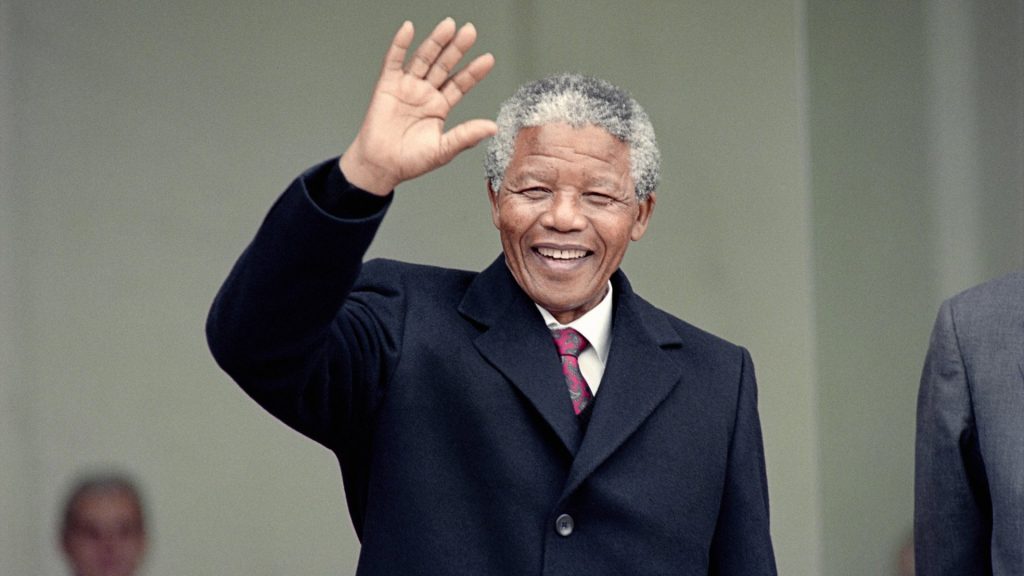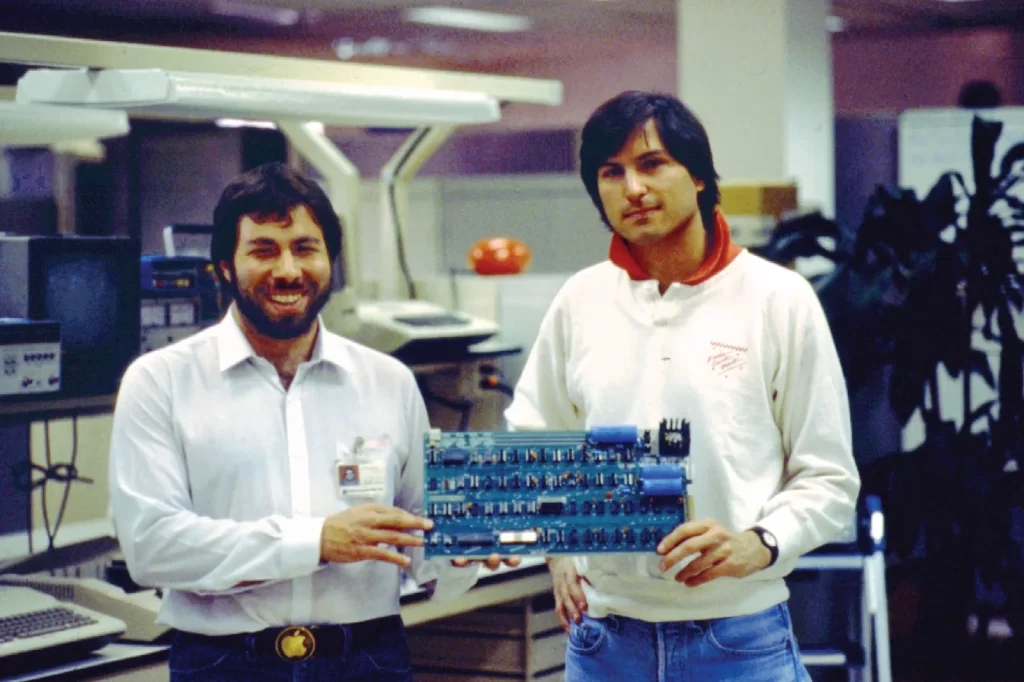An inspirational leader is someone who can inspire and motivate their followers or workers to achieve their full potential and work towards a common goal.
Some common qualities that make an inspirational leader are:
Vision
An inspirational leader has a clear vision of where they want to go and can communicate that vision to their followers. They can inspire others to see the potential of what can be accomplished.
Passion
Inspirational leaders are passionate for what they do. They lead by example and show their followers that they care deeply about their work and their team.
Empathy
An inspirational leader normally understands and empathizes with the needs and desires of their team members or followers. They are sensitive to the challenges and struggles of their followers and seek to create a supportive and nurturing environment.
Communication
An inspirational leader has excellent communication skills. They are able to clearly articulate their vision, provide feedback, and offer guidance and support to their team members.
Integrity
Inspirational leaders lead with integrity and respect. They are honest, ethical, and trustworthy. They demonstrate consistency in their words and actions, and they earn the respect and trust of their followers.
Resilience
Inspirational leaders are resilient in the face of challenges and setbacks. They show their followers that it is possible to overcome obstacles and adversity, and they inspire their team to stay committed to their goals.
If your actions inspire others to dream more, learn more, do more and become more, you are a leader.” —John Quincy Adams.
Leadership can be inspirational in many ways, and there are countless examples of inspirational leaders throughout history. WisdomSpoon highlights some real-world examples of leaders who have inspired others to achieve great things
Leading by example: Nelson Mandela
Nelson Mandela, the former president of South Africa, is often cited as one of the most inspirational leaders of our time. Mandela spent 27 years in prison for his activism against apartheid, but when he was released in 1990, he emerged as a leader who was committed to peace, reconciliation, and forgiveness.

Mandela’s leadership style was characterized by his humility, integrity, and his commitment to leading by example. He was known for his willingness to listen to others, his ability to build bridges between people from different backgrounds and his commitment to doing what was right, even when it was difficult.
One of the most powerful examples of Mandela’s inspirational leadership was his response to the Sharpeville massacre in 1960. In the aftermath of the massacre, which saw 69 black South Africans killed by police, Mandela spoke out against violence and called for peaceful resistance. His commitment to non-violence and reconciliation helped to galvanize support for the anti-apartheid movement, and ultimately led to the end of apartheid in South Africa.
Communicating a clear vision: Steve Jobs
Steve Jobs, the co-founder and former CEO of Apple, is often cited as one of the most inspirational business leaders of our time. Jobs was known for his ability to communicate a clear and compelling vision, and to inspire his team to work towards that vision.

Under Jobs’ leadership, Apple became one of the most innovative and successful companies in the world. Jobs’ vision for Apple was to create products that were both beautiful and functional, and to empower people to do amazing things with technology.
One of the most famous examples of Jobs’ inspirational leadership was his 2007 keynote address, where he introduced the first iPhone. In that speech, Jobs articulated a vision for a new kind of phone that could do more than just make calls and send texts. He described the iPhone as a “revolutionary” device that would change the way we interact with technology, and he inspired his team to work tirelessly to bring that vision to life.
Empowering others: Mary Barra
Mary Barra, the CEO of General Motors, is known for her commitment to empowering her team members and creating a culture of innovation and collaboration. Barra has been with GM for over 30 years, and she worked her way up through the ranks before becoming CEO in 2014.

Under Barra’s leadership, GM has become a more agile and innovative company, with a renewed focus on creating great products and serving its customers. Barra is known for her commitment to listening to her team members, encouraging them to take risks and experiment with new ideas, and empowering them to make decisions and take ownership of their work.
One example of Barra’s inspirational leadership was her response to the ignition switch crisis that rocked GM in 2014. Barra took swift action to address the issue, including firing 15 employees who were responsible for the faulty switches. She also set up a compensation fund for victims of the defect, and she worked to rebuild trust with GM’s customers and employees. Her leadership during the crisis earned her widespread praise and admiration, and it demonstrated her commitment to putting people first and doing what was right, even when it was difficult.
Recognizing and celebrating success: Pat Summitt
Pat Summitt, the former head coach of the University of Tennessee women’s basketball team, is often cited as one of the most inspirational sports leaders of all time. Summitt led the Lady Vols to 11,098 victories during her 38-year career, making her the winningest coach in NCAA basketball history.

Summitt was known for her ability to inspire her players to perform at their best, and to recognize and celebrate their successes. She was a demanding coach who set high expectations for her players, but she also believed in building strong relationships with them and supporting them both on and off the court.
One of the most inspiring moments of Summitt’s career came in 2007, when she won her 1000th game as a coach. After the game, Summitt was presented with a trophy and a standing ovation from the crowd. But instead of celebrating her own achievement, she took the opportunity to recognize and thank her players and assistant coaches, saying “This is their moment, too.”
Summitt’s leadership style was characterized by her humility, her focus on teamwork and her commitment to recognizing and celebrating the successes of others. She inspired her players to work together towards a common goal, and she demonstrated that leadership is about empowering others and helping them to achieve their full potential.
The examples of Nelson Mandela, Steve Jobs, Mary Barra, and Pat Summitt demonstrate the power of inspirational leadership to drive change, inspire others, and achieve great things.

